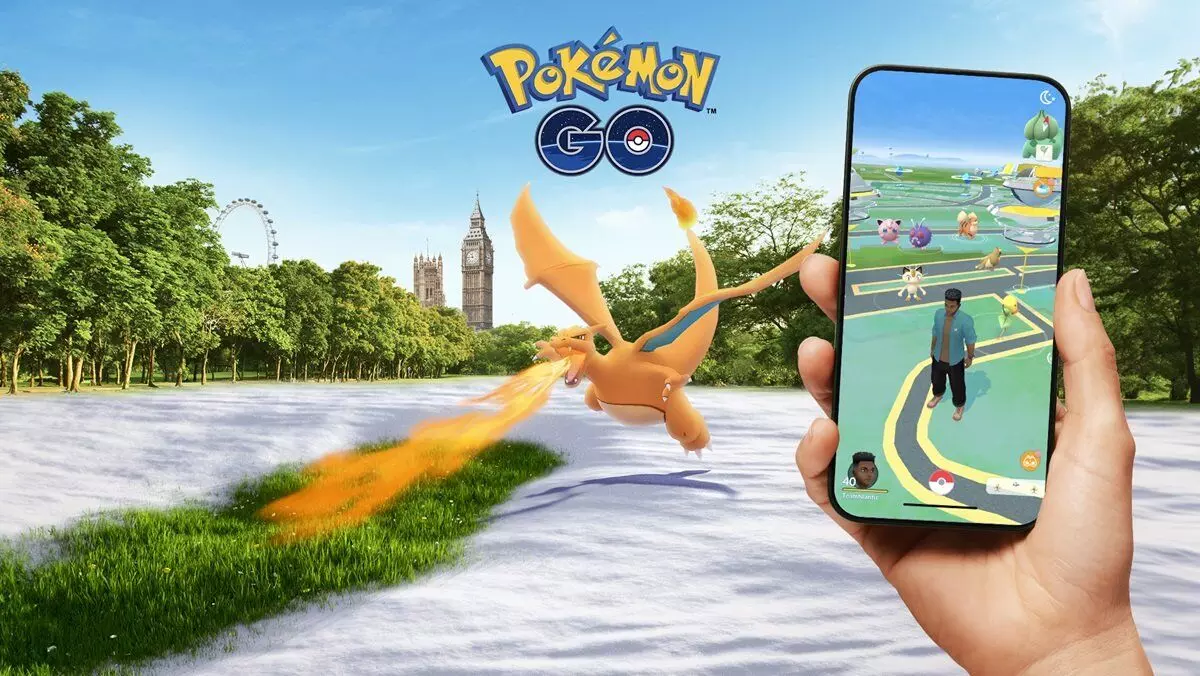Your Pokémon Go Data is Training AI Models – Here's What You Need to Know
Your Pokémon Go gameplay is helping train AI models that map the world, using geolocation data to enhance augmented reality experiences.
Your Pokémon Go Data is Training AI Models – Here's What You Need to Know

Players of Pokémon Go may not realize that their gameplay is contributing to more than just catching virtual creatures—they’re also helping to train AI models that map the physical world.
Niantic, the developer behind Pokémon Go, announced it’s using player data to build a large-scale AI-driven geospatial model. This "spatial intelligence" initiative, as the company describes it, will help enhance mapping technology through the data collected during gameplay.
Pokémon Go, released in 2016, is an augmented reality game where players use their smartphones to find and capture virtual Pokémon in real-world locations. The game has become a global phenomenon with over 600 million downloads. In addition to catching Pokémon, players can collect items at PokéStops and engage in gym battles, all based on real-world landmarks.
Niantic’s AI model taps into the geolocation data from player-submitted scans of these landmarks and other locations while playing Pokémon Go and other Niantic games. These scans are voluntary, meaning players opt-in to this feature, which contributes to creating a 3D map of the world.
The scanning process involves players visiting publicly accessible locations and using the game to scan them, which Niantic clarified in an updated blog post. Simply walking around in the game does not contribute to the AI model. The goal is to use these scans to deliver new augmented reality experiences for players.
For the past five years, Niantic has been building a visual positioning system (VPS) that allows smartphones to determine their position and orientation based on a 3D map created from player scans. Currently, Niantic has over 10 million scanned locations globally, with about 1 million new scans being added each week.
The AI model processes these geolocated images to create an enhanced 3D map, refining its understanding of geographic locations and filling in gaps in areas yet to be fully scanned. Niantic believes that this unique data—collected from a "pedestrian perspective"—is valuable, as it differs from traditional mapping systems that rely on vehicle-captured images and may not include places inaccessible to cars.
However, as with any company collecting personal data, concerns about privacy are inevitable. Niantic collects not only location data but also personal information such as names and email addresses, as outlined in their privacy policy. While the policy specifies what data is shared with third parties, it doesn’t fully detail how the data is used. Niantic reassures players that they do not sell personal data, and a separate policy exists for children who play Niantic games.
According to Anton Dahbura, Executive Director of the Information Security Institute at Johns Hopkins University, the increasing use of customer data by companies has become "the new normal." While Niantic’s intentions might be benign, Dahbura highlights the risks associated with the storage and sharing of personal data. He cautions that such data could fall into the wrong hands through breaches, which could pose significant security risks.
For those concerned about privacy, Dahbura advises using Pokémon Go in public areas and avoiding scanning private locations like your home. He also suggests minimizing the inclusion of other people in images, especially loved ones, and being mindful of how location data ties into personal information.
"Location data is often underestimated," he explains. "Our critical infrastructure, including transportation, healthcare, and food manufacturing, is connected to location data. If individuals with malicious intent access this data, it could be used against individuals and even impact national security."
While Niantic's AI model may help create exciting new AR experiences, it's important for players to understand the broader implications of the data they’re contributing.

